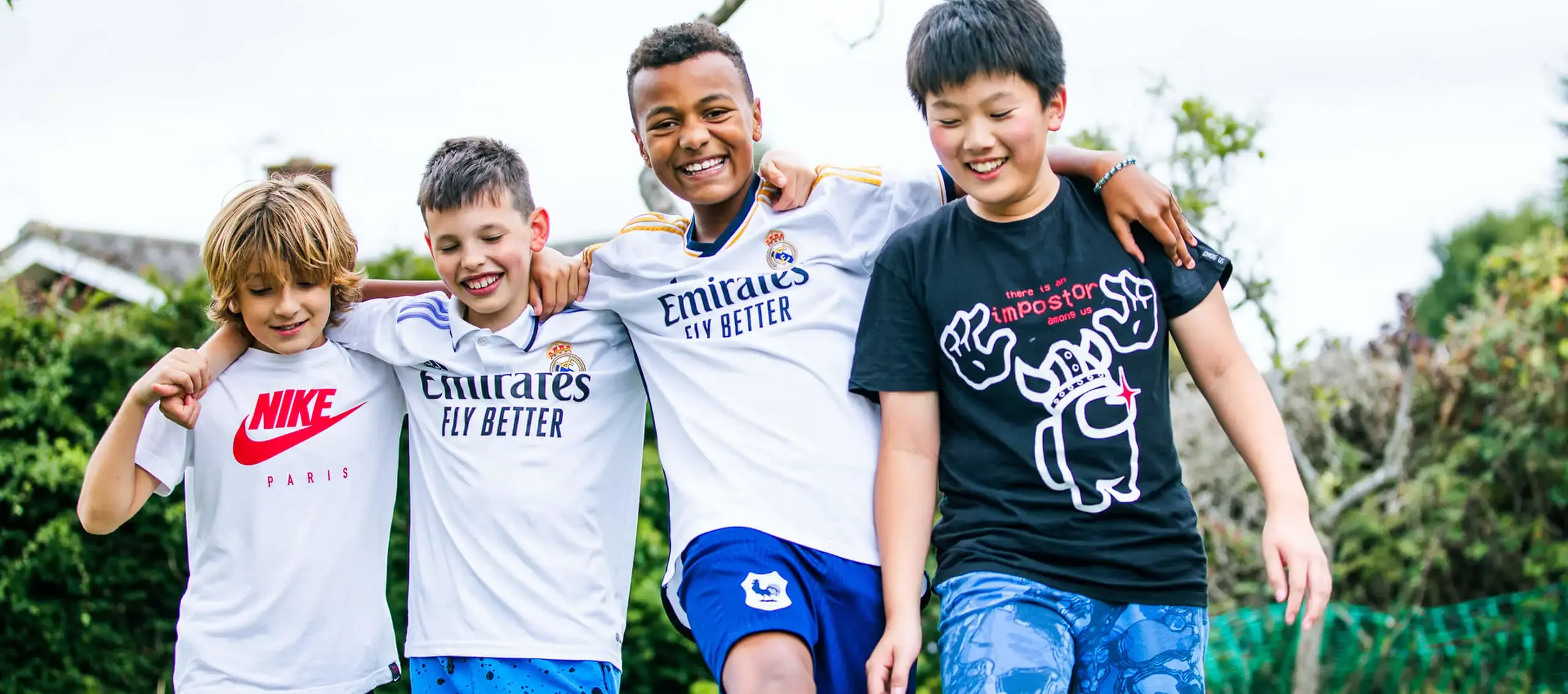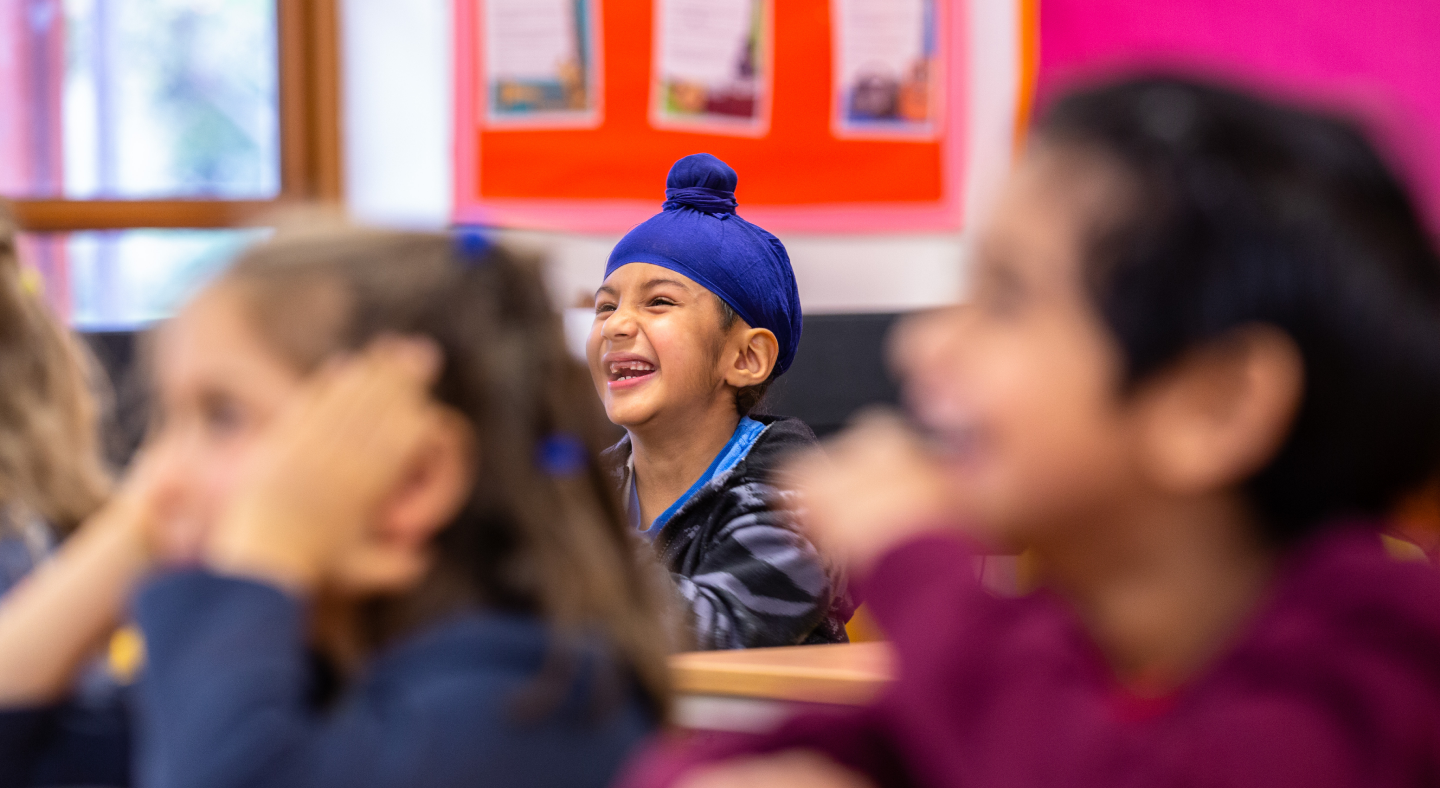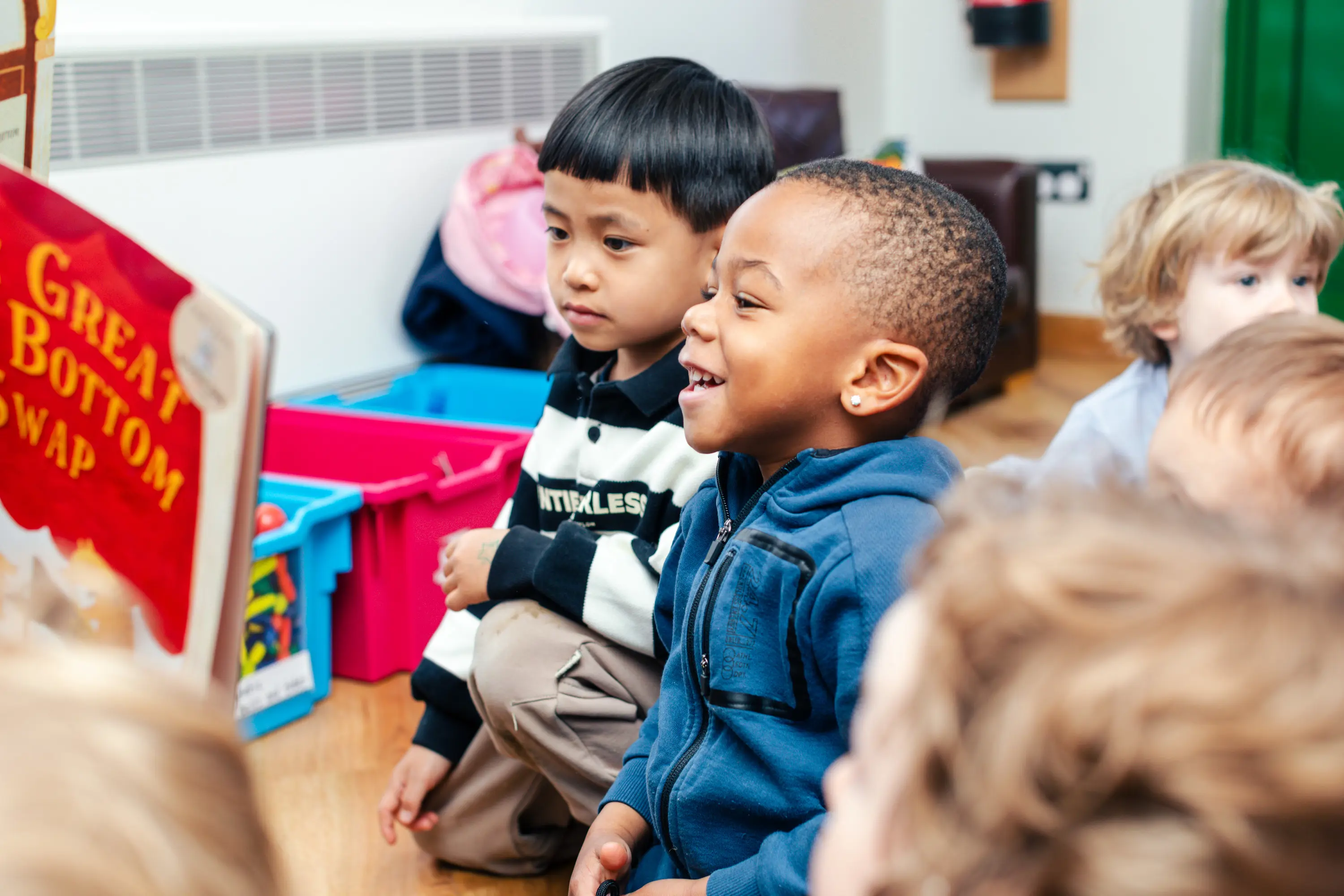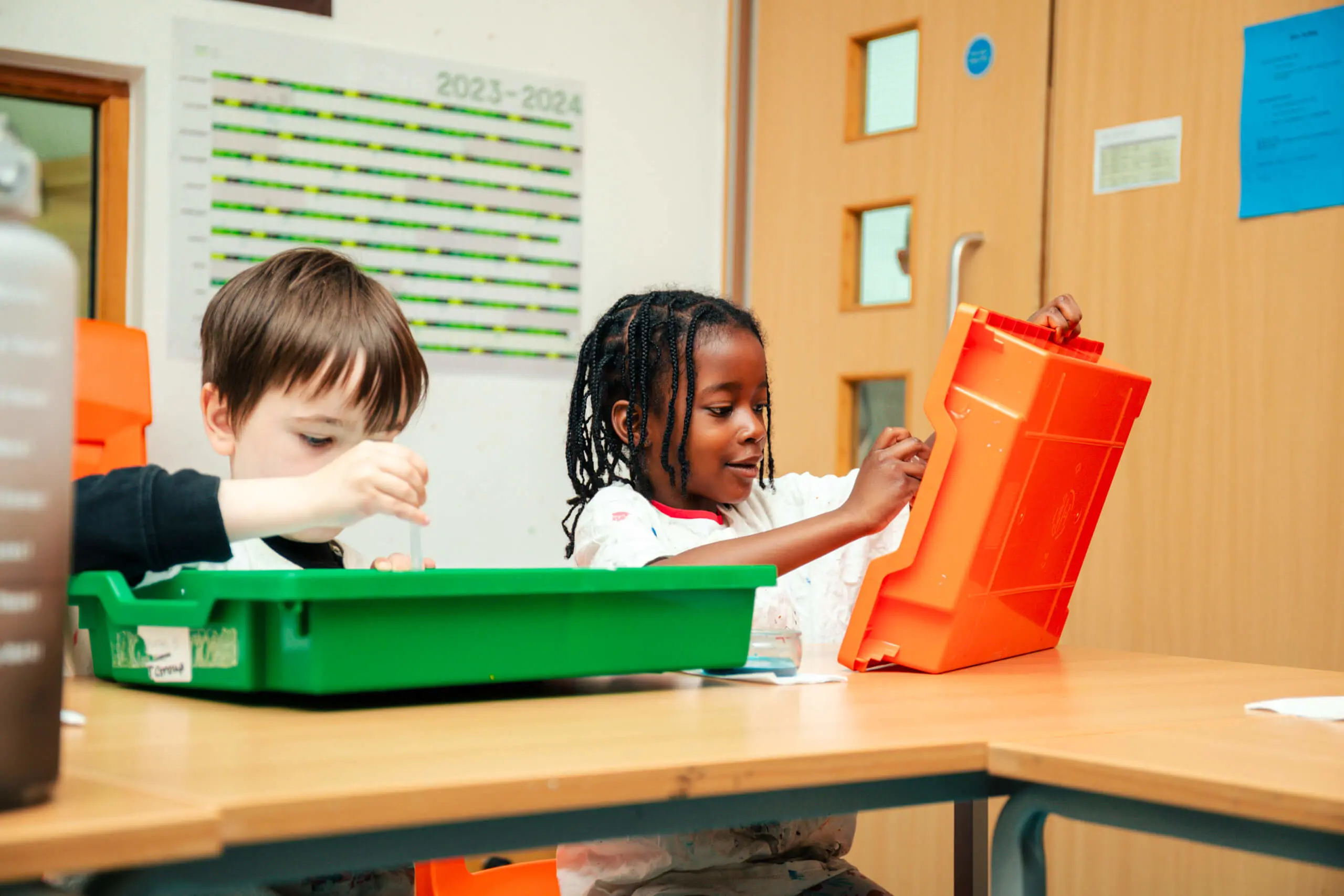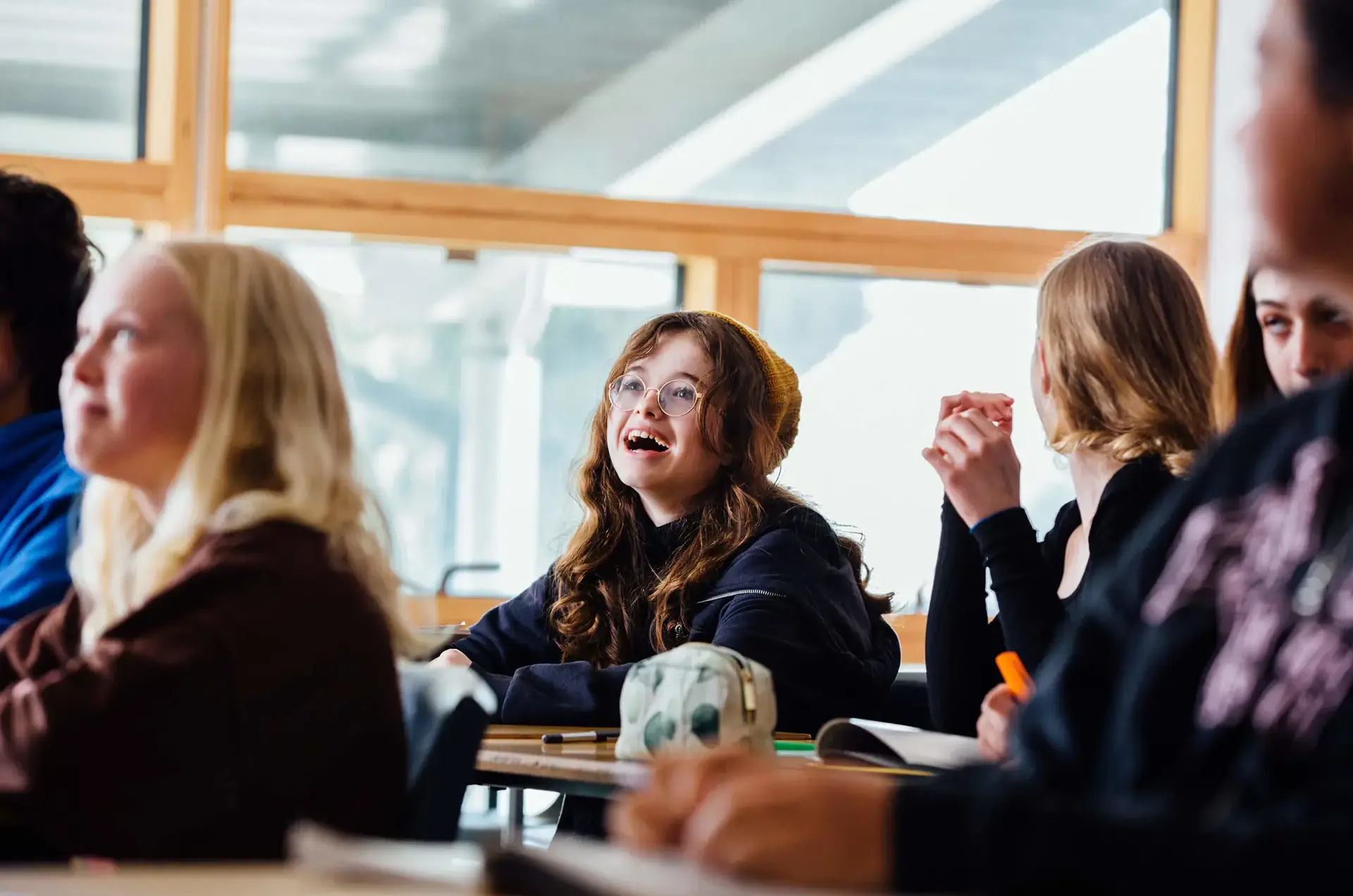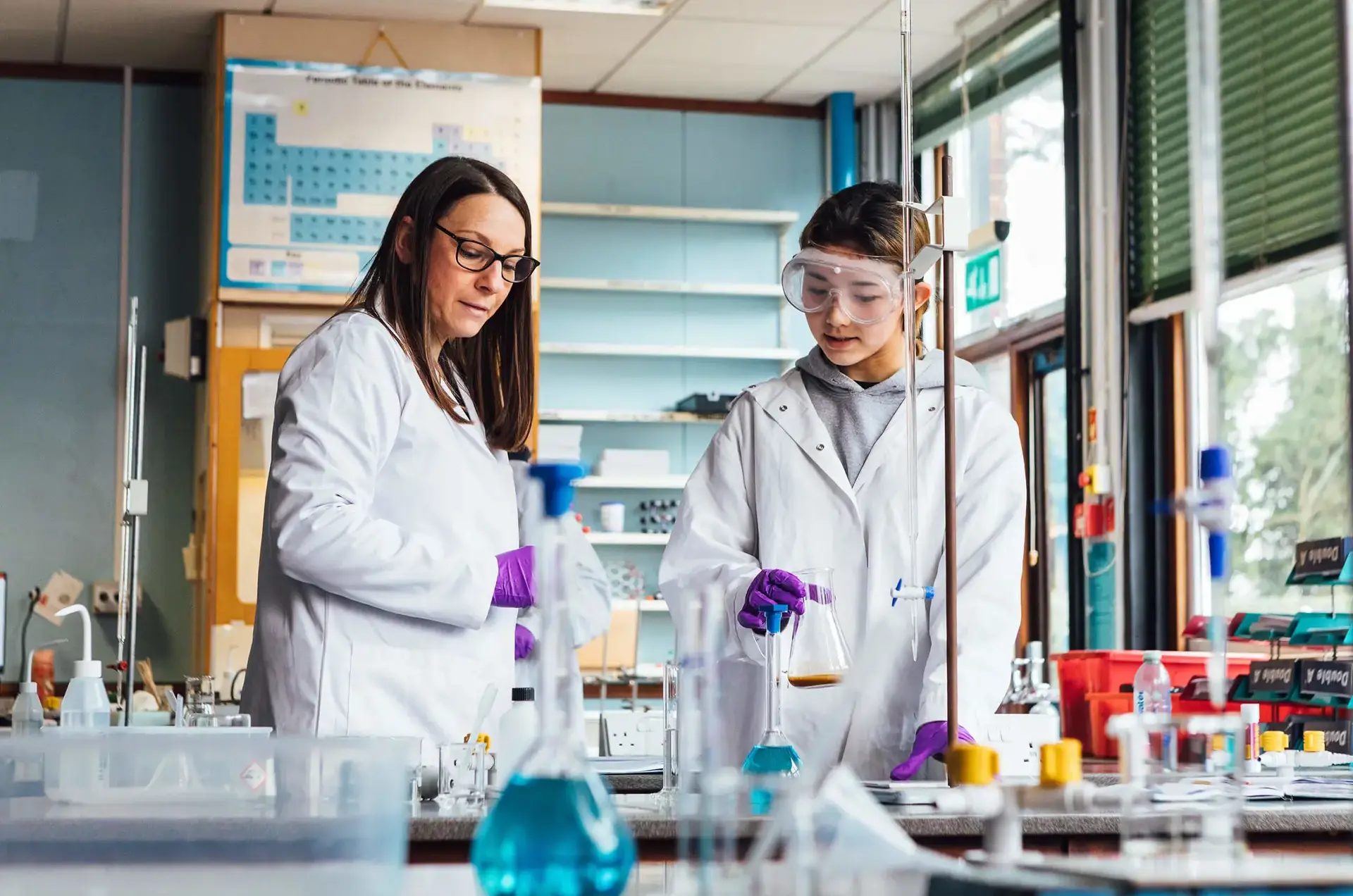Junior School Wellbeing and Pastoral Care
A caring community where every child belongs
Happiness First, Achievement Follows
At St Chris Junior School, the wellbeing of each child is at the heart of everything we do. We believe that happiness comes before achievement, not the other way around. When students feel secure, understood and valued, they are free to grow, learn and thrive.
Our Junior School students share a close and trusting relationship with our staff. From our Nursery’s imaginative, child-led play to the curiosity-driven studies of Year 6, every student is encouraged to take ownership of their learning journey. Parents often tell us that their child comes home eager to talk about their day — excited, inspired, and ready for more.
Pastoral Care at the Core
Pastoral care isn’t an afterthought at St Chris, it’s the foundation on which everything else stands. We take time to truly know each child: their interests, their challenges, their dreams. Our teachers listen, discuss and collaborate directly with children, ensuring that every decision we make reflects an understanding of the individual behind the learner.
We believe that respect and connection start with how we relate to one another. By using first names and not wearing uniforms, we remove unnecessary barriers and create an open, inclusive environment. This approach encourages confidence, honesty, and kindness; qualities that underpin strong relationships and personal growth.
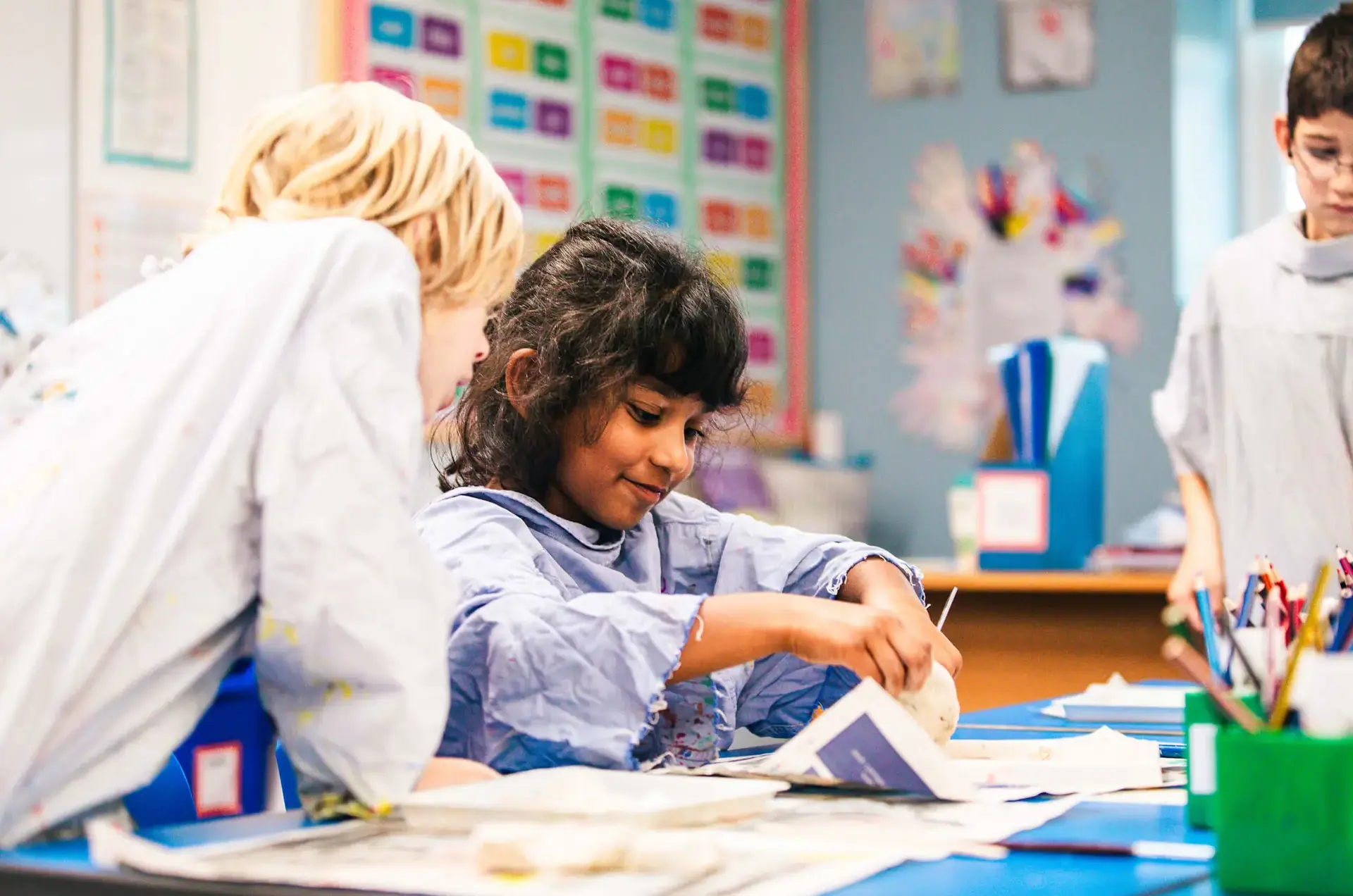
Recharge Room
At St Chris we recognise the importance of supporting every child’s social, emotional, and mental health as part of their overall wellbeing and success in learning. Our Recharge Room, which is open throughout the day, provides a calm, supportive environment for pupils who may be feeling overwhelmed or struggling with social or emotional challenges during the school day. It is staffed at all times by our dedicated Wellbeing Team, who are trained to offer emotional support and guidance. Pupils can access the room when they need time to regulate their emotions, reflect, and regain focus before returning to their lessons, ensuring they are able to continue learning to the best of their ability.
Where appropriate, we also offer individual wellbeing check-ins and targeted sessions designed to build pupils’ social skills, emotional awareness, and resilience. The Recharge Room forms an important part of our school’s commitment to nurturing the whole child—promoting emotional wellbeing, positive relationships, and readiness to learn.
Supporting Mental Health
We use STEER Tracking across Years 3–12 to monitor and support students’ mental health and wellbeing. This evidence-based tool helps children develop self-regulation and identifies hidden social-emotional risks, allowing early intervention and personalised support.
Support for Parents
We know that a student's wellbeing extends beyond the classroom. That’s why our partnership with parents is so important.
Families have access to The Wellbeing Hub — a digital resource offering webinars, guidance, and expert advice on real-world challenges faced by children today.
Each week, parents are warmly invited to attend Parent Surgeries with Katie Wright, Head of the Junior School. These open sessions offer a relaxed opportunity for conversation, feedback and reassurance — ensuring that every family feels listened to and supported as part of our community. Parents are also welcome to arrange an individual Parent Surgery with Marcia Bonanni, Junior School Pastoral Lead, for more personalised guidance and support.
Communication Across the Junior School
Every term, teachers meet with the Head of Junior School to discuss each student's progress and wellbeing. These conversations help identify both achievements and areas where additional support may be needed. Because our staff work closely with students in a variety of settings — academic, creative, and social; they gain a rounded understanding of each pupil.
A weekly Pastoral Briefing attended by staff across the Junior School, ensures an opportunity to discuss the pastoral needs of children as they arise.
We focus on progress rather than ability, ensuring that every student is supported, challenged, and celebrated, whatever their starting point.
Supporting Students with SEND
There is no falsity here. No pretending. No inauthenticity. We are unashamedly honest with each other.
Our individual approach to each child’s learning in the Junior School means we have outstanding pastoral and SEND support for students. We have a assess, plan, and do approach to SEND and have transparent communication with parents and family about a child’s progress in school. We assess applications for children with SEND on an individual basis, ensuring that the student will be able to access the curriculum and that we have the required provision available to support the child.

